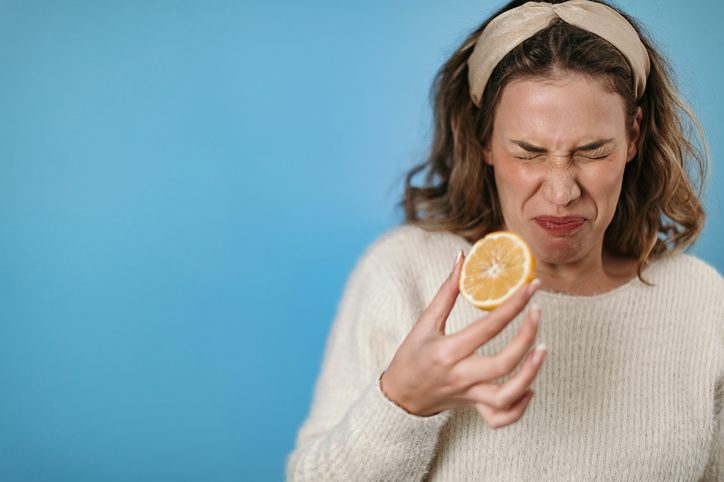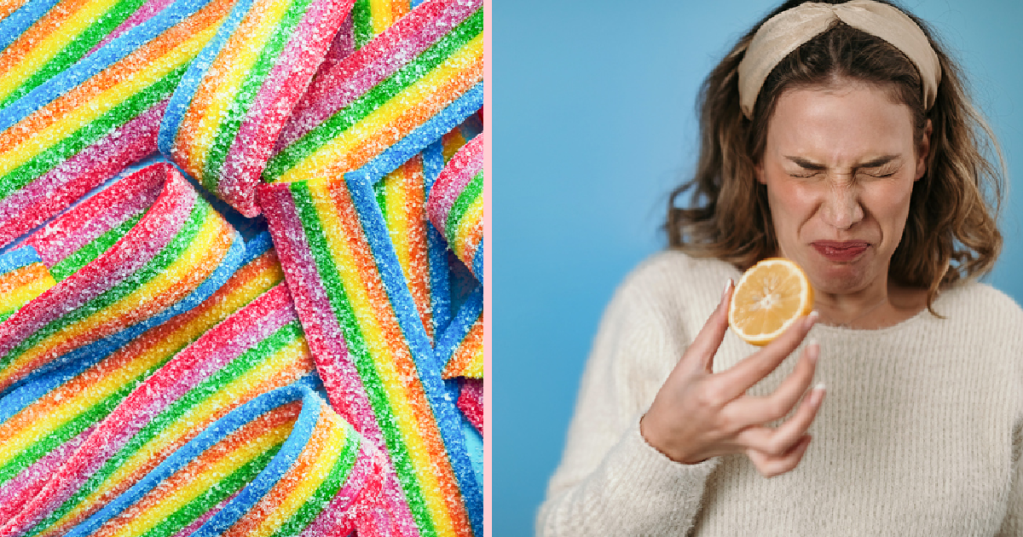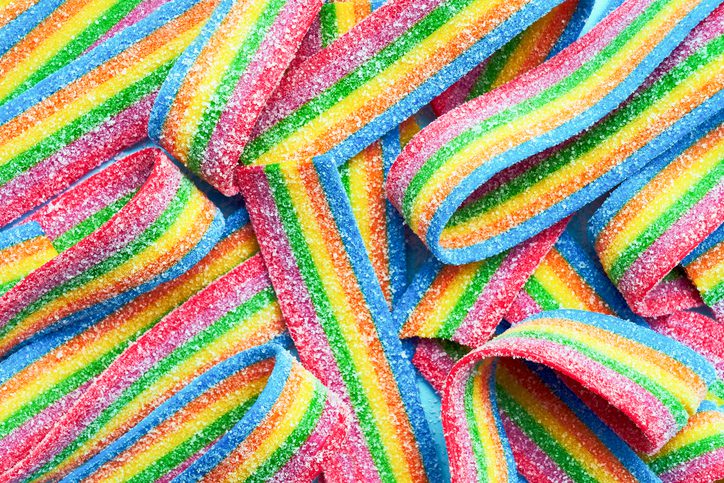Almost everything about human beings and human nature can be explained in the context of evolution. The things we fear, the things that bring us comfort, the daily reactions to the world around us – it all makes sense when you consider where we’ve come from to get here as a species.
Originally, the taste of sour things would have been a warning to stay away from a food. Now, instead of marking it as dangerous, humans have evolved to enjoy tartness (sometimes even to the extreme), but why?

Image Credit: iStock
According to PBS Eons host Kallie Moore, it’s because what once was dangerous to humans and animals has, over time, become dangerous to avoid instead.
This is because humans and many other vertebrates lost their ability to make their own Vitamin C, and in searching for it elsewhere, found that many food sources rich in that vitamin were sour.
“See, our branch of the primate family tree is pretty odd among vertebrates because we can’t make our own vitamin C, also known as ascorbic acid.
We lost this ability around 61 million years ago…Ever since then, we’ve needed to get vitamin C from our food instead, mostly by foraging for fruit.”

Image Credit: iStock
She also says that generations of fermentation has also helped acclimate humans to a sour taste, meaning we collectively recognize it as something good and/or useful.
“During fermentation, specific microbes – like lactic acid bacteria – produce acids that prevent the growth of disease-causing microbes.
Plus, fermentation can even increase the nutritional value of food, making it easier to digest.
So our preference for sour taste might have also been driven, or at least reinforced, by the advantages of eating fermented fruits – a valuable resource that we otherwise wouldn’t have been inclined to seek out.”
So there you have it!
The next time you reach for Sour Patch Kids or your kids ask for the sour sort of gummy worms in the grocery store, now you’ll understand why we love it so much, despite the pucker.







